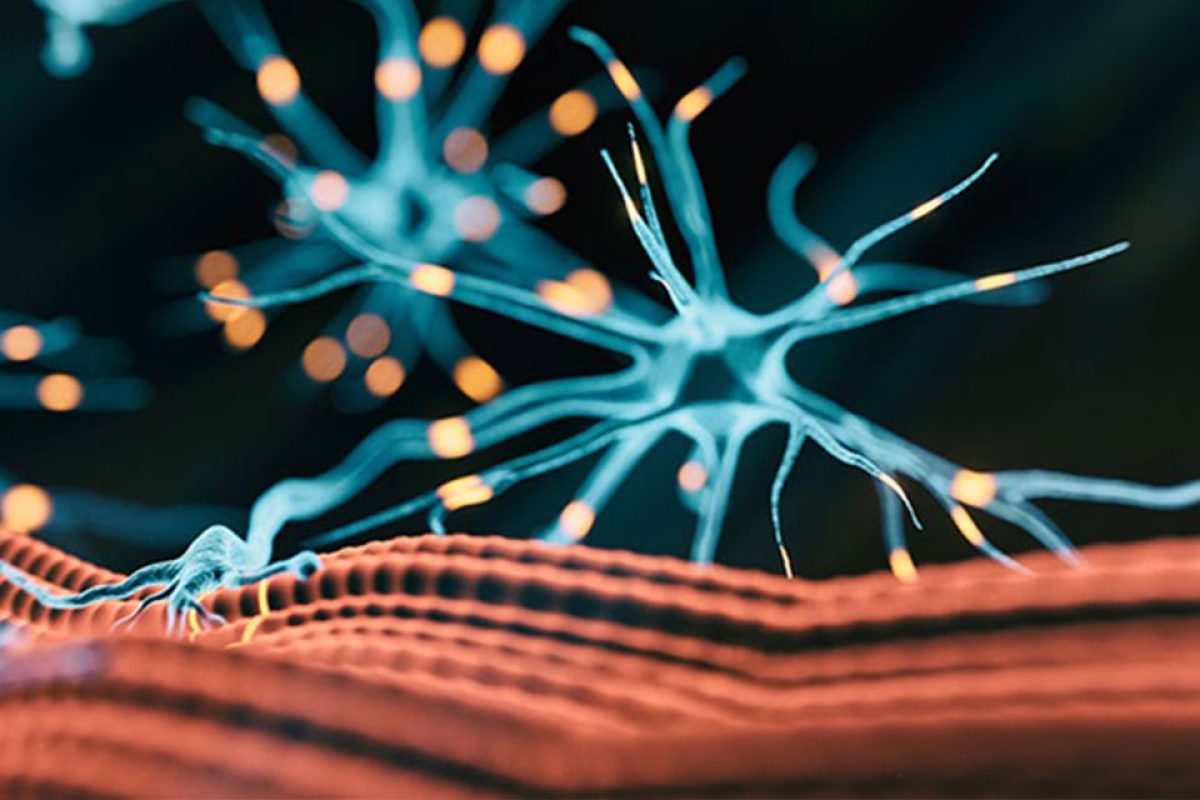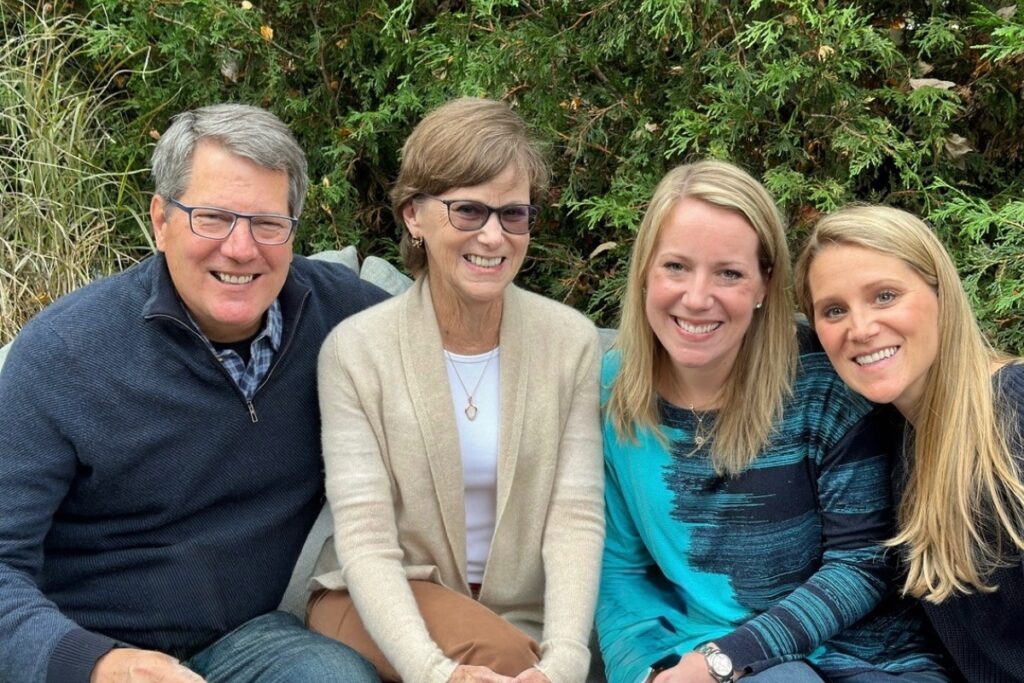The University of Chicago has received a $10 million gift from the Lohengrin Foundation to help establish a center of excellence in research on amyotrophic lateral sclerosis (ALS) and other neurodegenerative diseases.
ALS and its related conditions are devastating neurological diseases. Also known as Lou Gehrig’s disease, ALS progressively destroys nerve cells that control body movements, and affects as many as 30,000 Americans each year. There is no known cure to stop or reverse it, and only a handful of drugs approved by the FDA provide modest benefits for patients, so the search for new therapies continues.
The gift from the Lohengrin Foundation will establish the Center for Motor Neuron Disease (CMND) at UChicago to support biological research on the cellular processes and genetic causes of these conditions, as well as clinical studies into potential treatments. It will also fund annual lectures, conferences, postdoctoral fellowships and educational outreach programs at local Chicago secondary schools.
We want this center to be distinctive and forge ahead in areas that haven’t yet been addressed by other research centers.
“We want this center to be distinctive and forge ahead in areas that haven’t yet been addressed by other research centers,” said Raymond Roos, MD, the Marjorie and Robert E. Straus Professor in Neurologic Science and Director of the ALS/Motor Neuron Disease Clinic, which is UChicago Medicine’s patient treatment center.
Roos will partner with Paschalis Kratsios, PhD, Assistant Professor of Neurobiology, who studies genetic elements of motor neurons and how they develop specialized functions for fine movements of fingers and hands. The two have been longstanding scientific collaborators, studying genetic causes for inherited forms of ALS and dementia. In November 2021, they published a study describing a new animal model for the most frequent genetic cause of ALS. This model provides a crucial tool for future research on more than 30 neurological diseases that are believed to be caused by the same genetic errors, including Huntington’s disease and myotonic dystrophy.
“Our two labs are both interested in ALS and neurodegeneration, but each lab brings a unique set of skills and expertise,” Kratsios said. “This complementary work fuels our research, and I’m excited that our donors have seen the importance of combining basic science with medical science under the umbrella of one research center.”
In addition to supporting scientific research, the gift will expand educational outreach programs to students from racial and ethnic backgrounds traditionally underrepresented in the sciences. The Lohengrin Foundation advances social justice through education and workforce development in a range of fields, from science to the arts.
“With data revealing that someone is diagnosed with or passes away from ALS every 90 minutes, the Lohengrin Foundation is delighted to support the establishment of the Center for Motor Neuron Diseaseat the University of Chicago,” said Mark Rodriguez, Executive Director of the Lohengrin Foundation. “The Center’s research is aligned with our commitment to finding a cure or potential treatments for neurological diseases. The additional direct connection to STEM educational and careers outreach to local Chicago public high schools over the next five years reinforces our longstanding commitment to advancing educational opportunities for Chicago’s underserved youth.”
Educational outreach programs have already begun at Kenwood Academy High School, a public school on the South Side located near the University of Chicago’s Hyde Park campus. Roos and Kratsios have developed a working relationship with an Advanced Placement Biology teacher at Kenwood, visiting 10th grade classes to give presentations on their research and answer student questions about scientific careers.
Over the next five years, they will plan additional presentations including hands-on experiments with genetically modified C. elegans worms, which are popular models for educational activities. The team will also plan field trips for select groups of high school students to visit UChicago and perform experiments using advanced scientific equipment in campus labs. The plan is to eventually expand to more schools, inspiring students to pursue science and demystifying the steps to beginning a career in research.
“Science is a mystery for students who haven’t gone to college yet,” Roos said. “They may have a lab in school, but the real excitement of science when you pose an experiment, carry it out, and get results is an extraordinary activity. Seeing that occur as a high school student is eye opening and may change their future career aspirations.”




